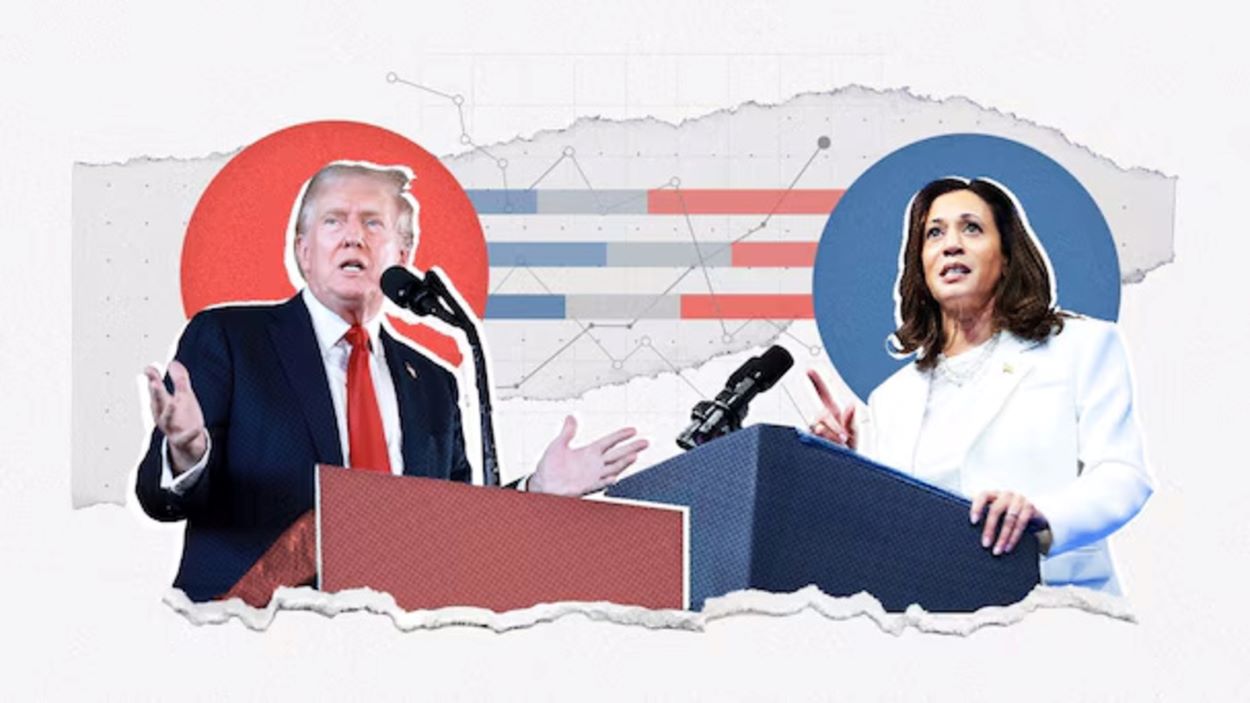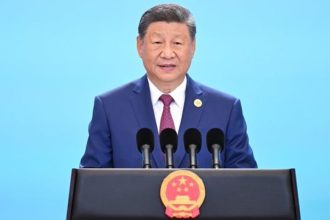In the first presidential debate, Kamala Harris and Donald Trump clashed vigorously, particularly regarding the economy, which voters highly prioritize.
In the first counter on Tuesday, Harris and Trump presented their visions in a debate that could significantly sway the upcoming November 5 election. Polls suggest a close race.
Harris aimed to provoke Trump, suggesting viewers attend one of his rallies to witness his unorthodox statements, such as his claim that windmills cause cancer. Trump defended the size and impact of his rallies and countered by accusing Harris of busing in attendees to her events.
Trump also made an unfounded claim that undocumented immigrants in Springfield, Ohio, were attacking pets, which city officials and the debate moderators promptly refuted.
On defence, Trump denied any involvement in the January 6 Capitol siege and maintained he won the 2020 election. Harris challenged these assertions, emphasizing the need for leadership that respects electoral integrity.
Read: Harris vs. Trump Presidential Debate: Key Rules for Their First Debate
In terms of policy, Harris detailed her economic plans, including a substantial tax credit for startups, while Trump emphasized protecting the American economy through tariffs.
The debate also touched on abortion, a divisive issue where Harris challenged Trump’s support for the 2022 Supreme Court decision that removed constitutional protections for abortion and delegated the issue to states.
Both candidates accused each other of attempting to ‘weaponize’ the Justice Department. Trump alleged that Harris and Biden orchestrated his legal troubles, while Harris warned that Trump had threatened constitutional norms.
The debate underscored the election’s high stakes, with both candidates viewing each other as threats to democracy.






